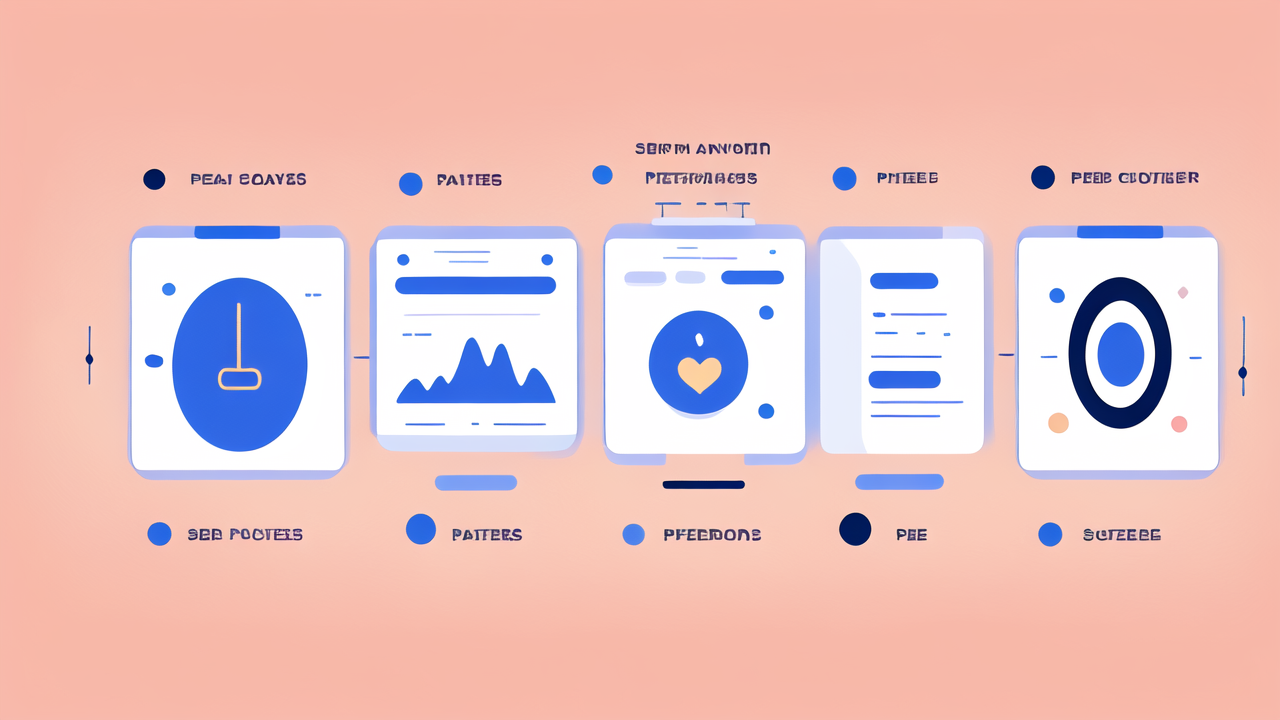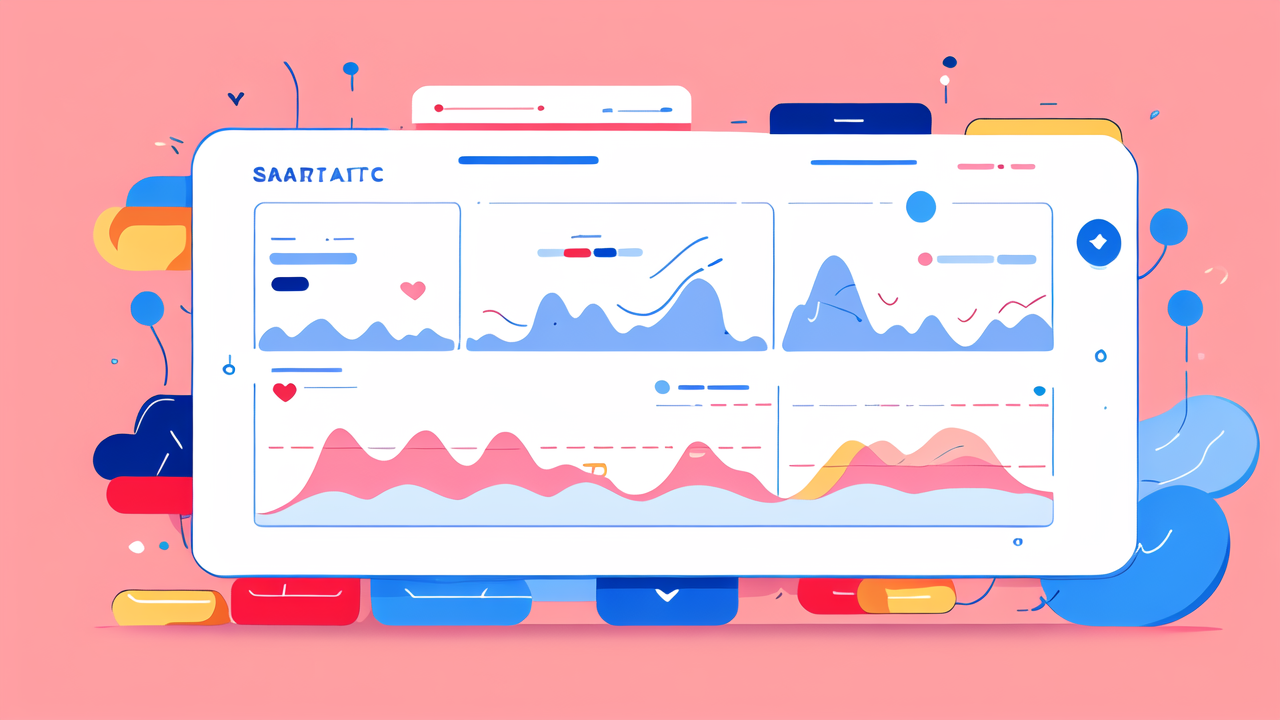Understanding Health Tracking: The Evolution of Smart Watches
A Brief History of Health-Focused Wristwear
Health-focused wristwear has come a long way since its inception. Early devices were simple pedometers. They counted steps and not much else. As tech advanced, so did these gadgets. The first smart watches emerged in the early 2000s. They combined basic health tracking with digital displays. These early models paved the way for today's advanced devices. They showed that people wanted more from their watches. The demand for health data grew steadily. This pushed makers to add new features. Heart rate monitors came next. Then sleep tracking followed. Each new function made these devices more useful for health monitoring.

Modern Smart Watches and Their Health Monitoring Capabilities
Today's smart watches are like mini health labs on your wrist. They can track a wide range of health metrics. Heart rate monitoring is now standard. Many can measure blood oxygen levels too. Sleep tracking has become more advanced. It can detect different sleep stages. Some watches can even take ECG readings. This was once only possible in doctor's offices. Stress levels can be monitored through heart rate variability. Menstrual cycle tracking is available on many models. Some watches can detect falls and call for help. The latest models are exploring new areas. These include blood pressure monitoring and glucose level tracking.
The Role of AI and Machine Learning in Health Tracking
AI and machine learning are game-changers in health tracking. They make smart watches smarter. These technologies can spot patterns in health data. This helps predict potential health issues. AI can learn your normal patterns. It can then alert you to unusual changes. Machine learning improves the accuracy of readings over time. It can filter out noise and focus on meaningful data. AI can provide personalized health tips based on your data. It can suggest when to move more or get more sleep. These technologies also help in interpreting complex health information. They can turn raw data into actionable insights for users and doctors.
Evaluating the Effectiveness of Health Tracking Features
Accuracy and Reliability of Health Monitoring Data
The accuracy of health data from smart watches has improved greatly. However, it's not perfect. Heart rate monitoring is generally reliable. It's close to medical-grade devices in many cases. Sleep tracking has also become more accurate. But it can still be affected by factors like movement. Blood oxygen readings are useful but can vary. They're not as precise as medical devices. ECG features have received FDA clearance in some cases. This shows their growing reliability. However, they're not meant to replace medical tests. The key is to use this data as a general guide. It's best to confirm any concerns with a doctor. Ongoing research aims to improve accuracy further.

Consumer Adoption Rates for Health Tracking Purposes
More people are using smart watches for health tracking. The trend is growing fast. Many buy these devices specifically for health features. Fitness enthusiasts were early adopters. Now, older adults use them to monitor heart health. Parents use them to track children's activity levels. Even doctors are recommending them to some patients. The ease of use is a big factor in adoption. People like having health data at their fingertips. The COVID-19 pandemic boosted interest in personal health monitoring. This led to a surge in smart watch sales. As prices drop and features improve, adoption rates continue to rise.
Integration with Existing Healthcare Systems
Smart watches are starting to connect with healthcare systems. Some hospitals now accept data from these devices. This can give doctors a more complete picture of patient health. It's especially useful for monitoring chronic conditions. Patients can share their data directly with healthcare providers. This can lead to more informed discussions during visits. Some insurance companies offer incentives for using health tracking. They see it as a way to promote better health habits. However, integration faces challenges. Data privacy is a major concern. There are also questions about how to handle this flood of information. Still, the potential benefits are driving efforts to overcome these hurdles.
Future Trends and Challenges in Health Tracking through Smart Watches
Innovations on the Horizon for Health Wristwatches
The future of health wristwatches looks exciting. New sensors are being developed all the time. Non-invasive glucose monitoring is a major goal. This could be life-changing for people with diabetes. Continuous blood pressure monitoring is another area of focus. Some companies are working on sweat analysis. This could provide insights into hydration and nutrition. Mental health tracking is gaining attention. Watches might soon detect mood changes and stress levels more accurately. Improved battery life is also on the horizon. This will allow for more continuous monitoring. As AI improves, watches will offer more personalized health advice. They might even predict health issues before symptoms appear.

Addressing Privacy and Security Concerns
Privacy and security are big concerns in health tracking. Smart watches collect sensitive personal data. This information needs strong protection. Companies are working on better encryption methods. They're also improving user control over data sharing. Transparency about data use is becoming more important. Users want to know who can access their health information. There's a push for clearer consent processes. This ensures users understand what they're sharing. Balancing data usefulness with privacy is an ongoing challenge. As health features become more advanced, these concerns will likely grow. The industry must keep pace with evolving privacy standards and expectations.
Regulatory Considerations and Compliance in the Health Tech Industry
The health tech industry faces increasing regulatory scrutiny. As smart watches offer more medical features, they enter new territory. Some functions may need FDA approval. This ensures they meet medical device standards. Companies must navigate complex healthcare laws. Data protection regulations like GDPR affect how health data is handled. There's a push for clearer guidelines on health tech. This includes how to classify and regulate these devices. Compliance with these rules can be challenging for tech companies. It requires a different approach than traditional consumer electronics. As smart watches blur the line between consumer and medical devices, regulations will evolve. This will shape the future of health tracking technology.




Leave a comment
This site is protected by hCaptcha and the hCaptcha Privacy Policy and Terms of Service apply.